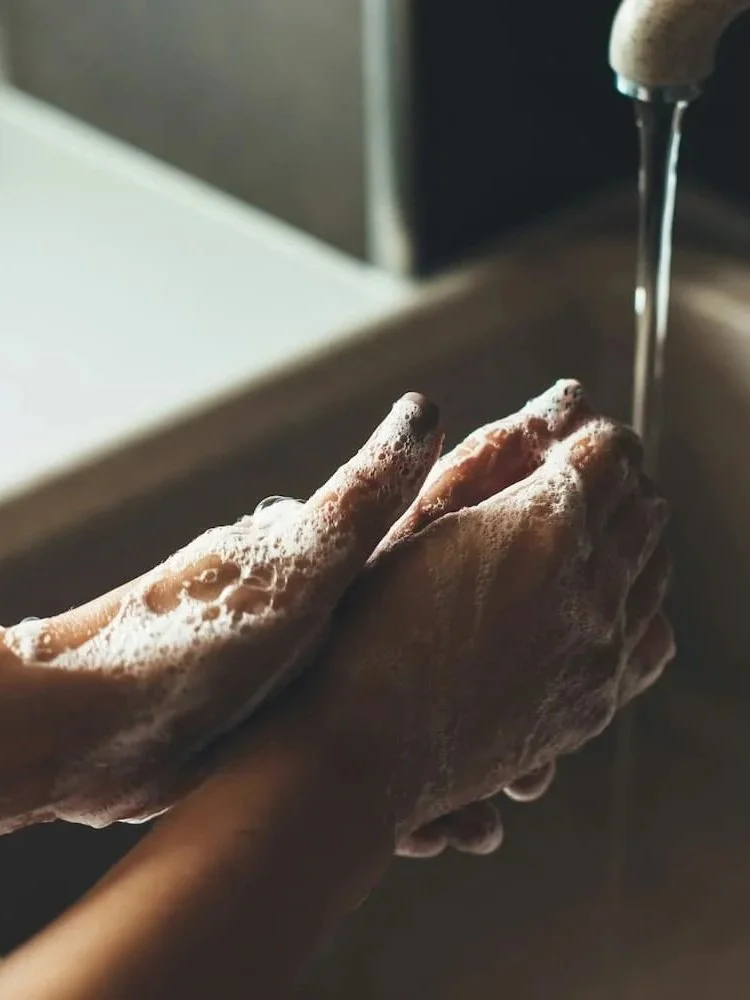OCD Subtype:
Physical & Emotional Contamination
Contamination OCD is often thought of as fear of germs and viruses—but it can also involve toxins, chemicals, bodily fluids, animals, or radiation. It may also take the form of Emotional Contamination, where people, feelings, objects, or even thoughts leave you with the sense that what’s been touched is now “ruined.” The fear isn’t just about germs—it’s about feeling unsafe, unclean, or permanently altered. The distress isn’t tied to the object itself, but to the unbearable sense that something harmful may be present and that you are at risk of becoming seriously ill—or worse, infecting others. That’s what fuels the exhausting cycle of cleaning, avoiding, and mental rituals in attempts to prevent this perceived risk.
Physical Contamination can sound like:
Feeling compelled to keep washing until you feel clean, leading to long, repeated washing sessions.
Creating two separate “worlds”—one clean and one dirty—in an attempt to stay safe and minimize compulsions.
What if I’m the reason someone else gets sick— the idea of unknowingly causing harm to the people I care about feels unbearable.
The possibility that I’m missing something dangerous weighs on me constantly.
Emotional Contamination can sound like:
Is this shirt contaminated because I had a sexual obsession while wearing it last time?
Attempting to physically wash away an intrusive thought, or uncomfortable feeling.
Feeling “unclean” inside and attaching that sense of contamination to items, colors, numbers, or almost anything.
Changing clothes if you experience an intrusive thought while getting dressed.
Common Contamination Obsessions
Concern of toxic chemicals.
Fear of cross contamination.
Fearing a person, place, memory, or object carries negative energy or traits that could somehow transfer onto you.
Feeling certain people, places, or things are gross — disgust based obsessions.
Fear of contracting and spreading HIV, hepatitis, or STIs even when your doctor says otherwise.
Fear of food being contaminated.
Common Contamination Compulsions
Excessive handwashing and cleaning rituals.
Monitoring where people go and what they touch in your home to make sure they don’t touch or contaminate anything.
Repeatedly asking for reassurance that you’re not contaminated or won’t make others sick.
Wearing gloves or using other barriers to avoid contact with perceived contaminants.
Avoidance behaviors aimed at preventing the spread of contaminants.
Doing actions in reverse to undo the effects of the perceived emotional contamination.
It’s Time to Get Your Life Back From OCD
OCD will always insist on one more scrub, one more round of disinfecting, one more thing to avoid.
But those rules aren’t yours to follow.
With the right treatment, you can stop chasing a false sense of safety and start reclaiming your time, energy, and the parts of life that matter most.



